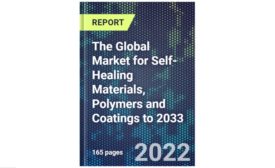Home » sustainability
Articles Tagged with ''sustainability''
Keep the info flowing with our eNewsletters!
Get the latest industry updates tailored your way.
JOIN TODAY!Copyright ©2025. All Rights Reserved BNP Media.
Design, CMS, Hosting & Web Development :: ePublishing

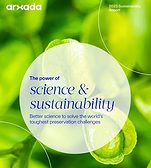
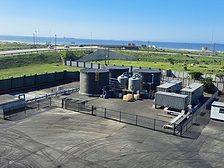
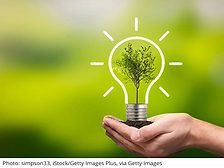


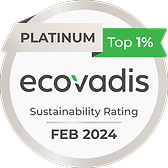
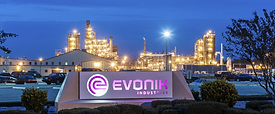
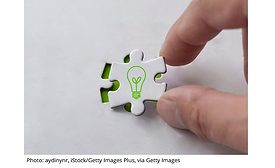
.jpg?height=168&t=1672116434&width=275)
